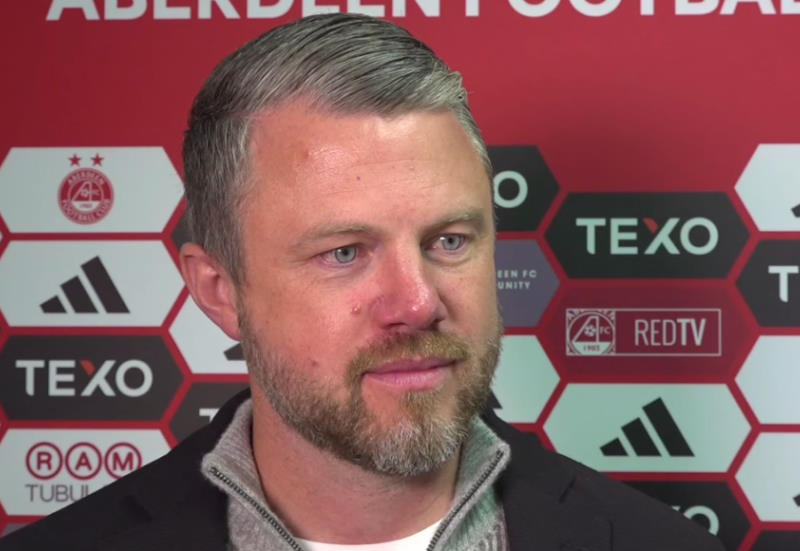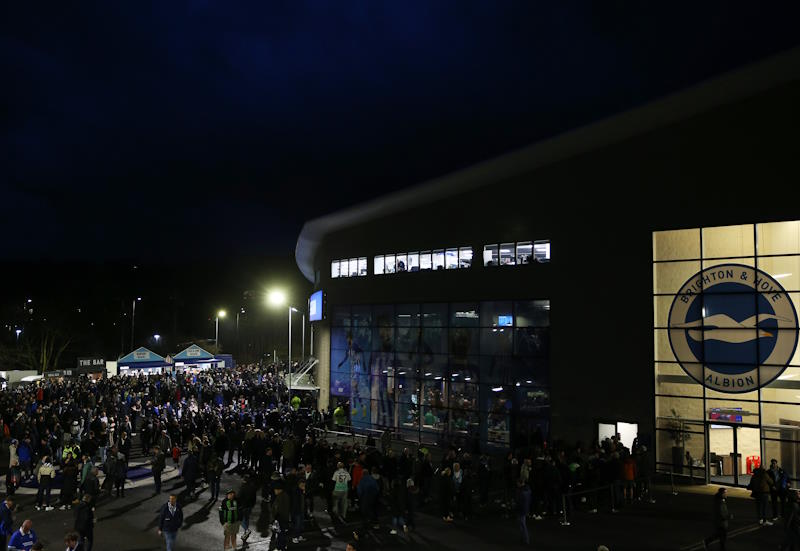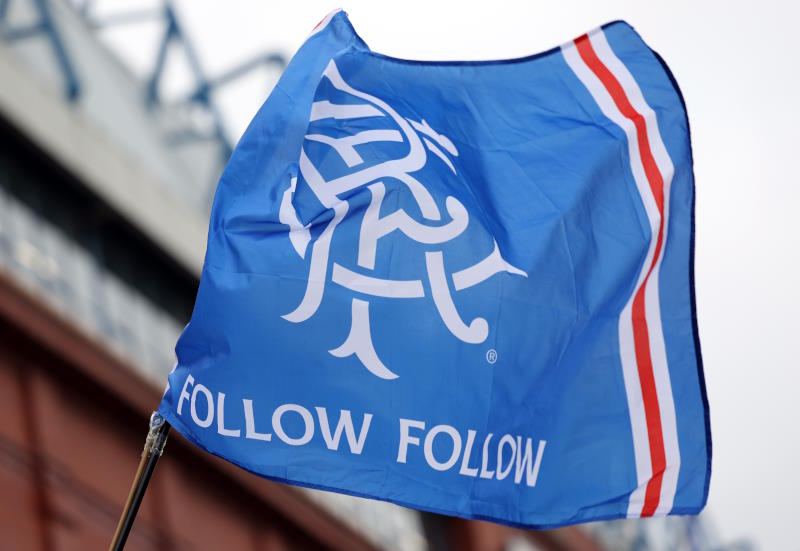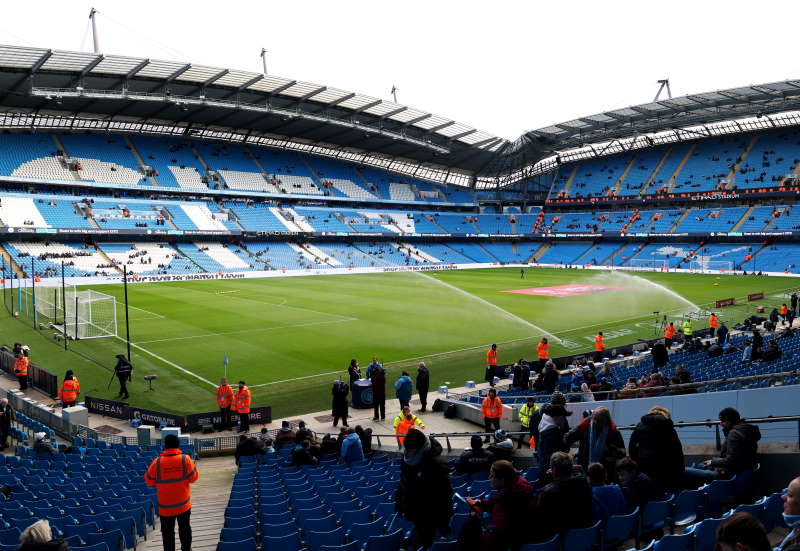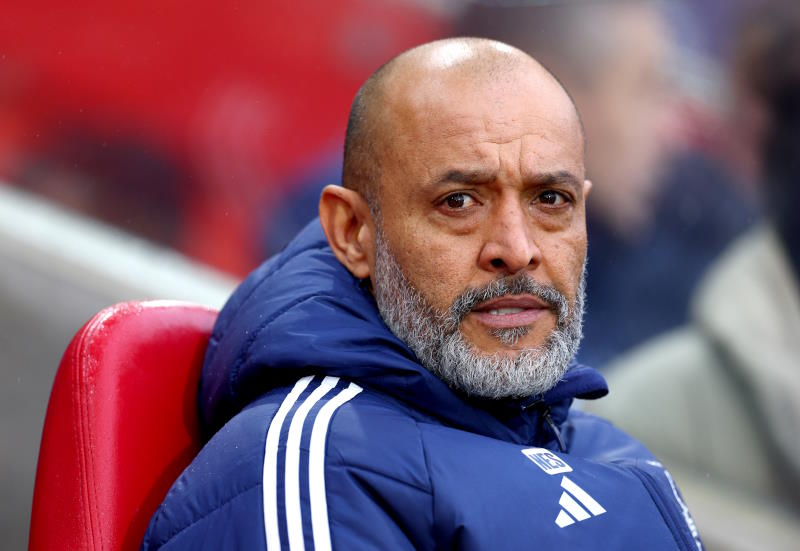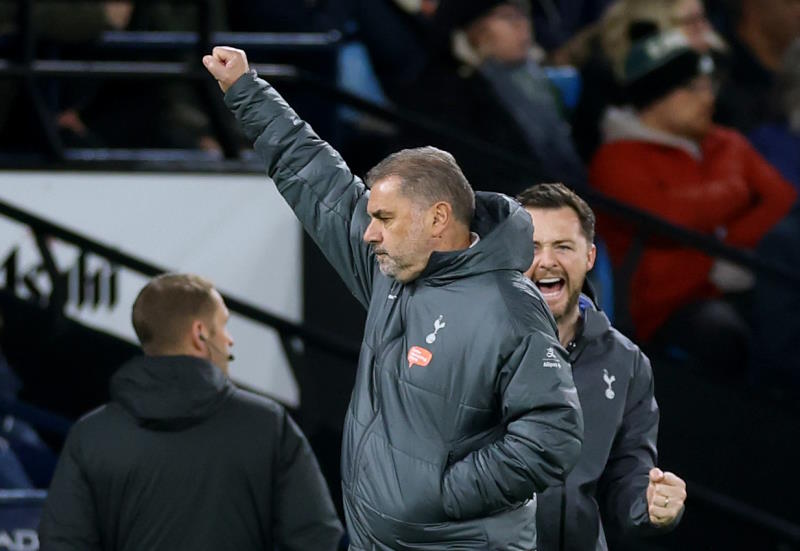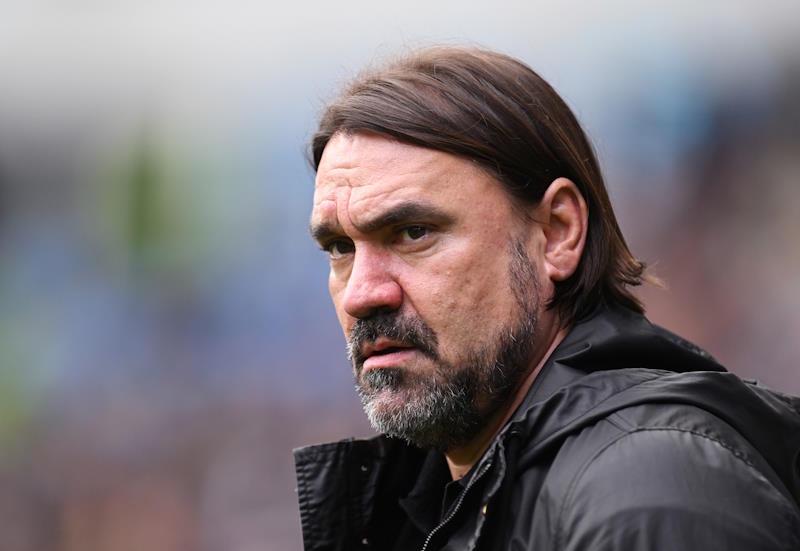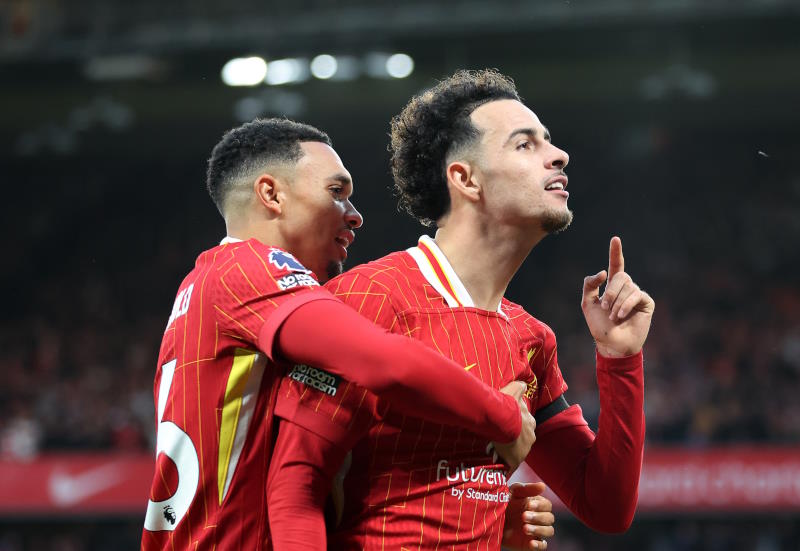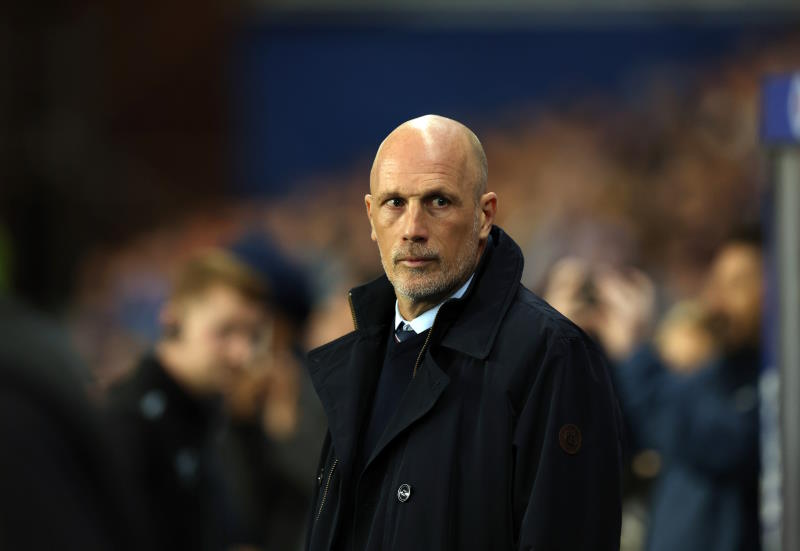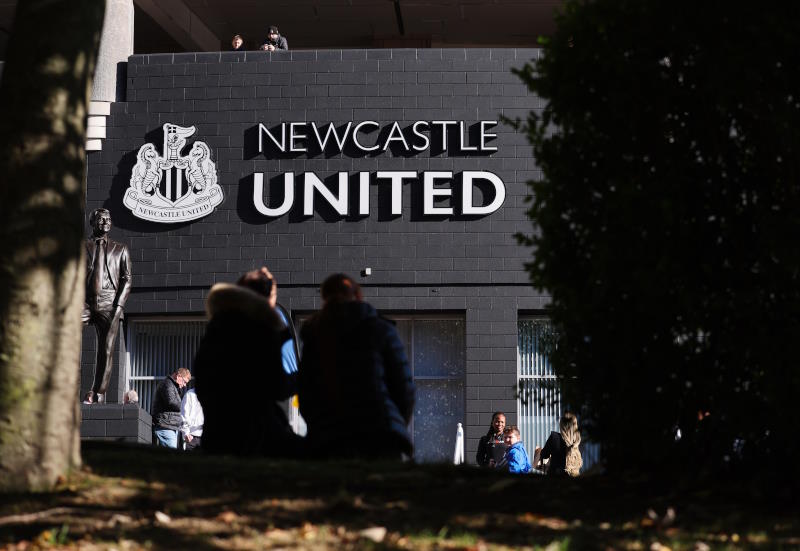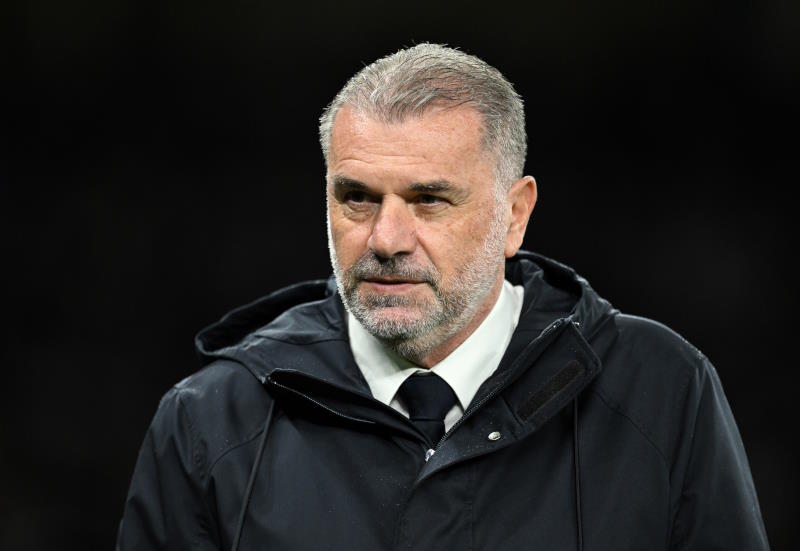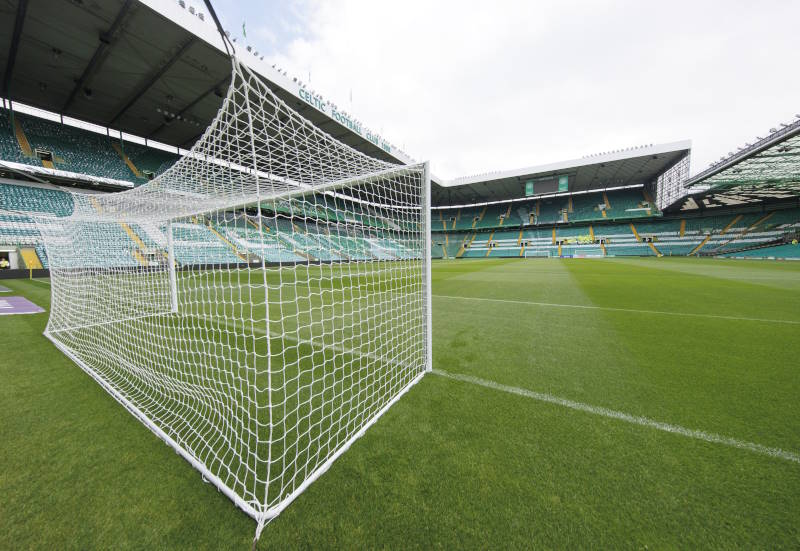
With a sense of reassurance, Aitor Karanka refuses to label a potential tenth Champions League accolade as an obsession for Real Madrid. Rather, Jose Mourinho’s second in command places the trophy on the yearly checklist that the club sets up every summer ahead of each new season: “Winning the Champions League is vital to us. We’ll have to work hard to take the title. We must also realise we did an excellent job last season. It is a vital objective, but we’re not obsessed about it”, concludes the former Athletic Bilbao midfielder.
His statement is echoed through the corridors of power at the Santiago Bernabeu – in public at least. From Florentino Perez to the lowest levels of the workforce in the Real Madrid hierarchy, passing through the entire pyramid, the general idea is the same: A tenth Champions League accolade would surely be welcomed, but it is not an obsession.
Of course between the superficial surface and the underlying thoughts is a sea of contradictions. Football has become a tale of two minds for most bosses: A nice story is given to the press and waiting media, while an entirely different scenario is being set up under the table. Big club bosses are dressed every day in politician-like suits, and the chasm between public utterances and private declarations grows.
UEFA have had their major share of success over the past years in sponsoring the Champions League as the main, most attractive competition on the globe, where Europe’s finest sides meet every year in the hope of being crowned kings in May. An idea inconceivable ten years ago, the UEFA Champions League now leapfrogs – for some – FIFA’s World Cup. The main argument is rather simple: Why build up a four-year anticipation process for a month-long event when you can have it annually, spanning from September to May?
AC Milan vice-president and CEO Adriano Galliani boast it on every occasion possible: The Champions League is in the Rossoneri’s DNA. Hardly an overstatement for a team that prides themselves on having won the competition seven times, five of which have occurred under the current regime of Italian Prime Minister Silvio Berlusconi. Alongside the Milanese sit Real Madrid, Liverpool, Bayern Munich and recently Barcelona; these are teams that are extremely proud of their European achievements.
Leading the line with nine titles, Real Madrid are naturally worried that they might actually lose their status as “kings” of Europe. Nearly ten years ago, it was Zinedine Zidane’s magical strike at Hampden Park that earned a third title in five years. Milan had five at that time, Liverpool four and Barcelona just one. It seemed implausible back then that such gap would quickly be slashed. Los Blancos were miles ahead of the rest of the chasing pack.
From the next season on, Los Galacticos fell into an inexplicable abyss on the continental front, failing to navigate the Round of 16 for six years in a row at one point. Their luck seemed to have improved under Jose Mourinho last season, only for the semi-finals to prove their eventual alighting station as Barcelona pushed their bitter rivals out of the train door.
And that appears to be the constant cloud over this Madrid side: Barcelona. The best team on the planet has revolutionised the game since Josep Guardiola’s promotion to first-team duties in the 2008/09 season. Guardiola has written his name in the history books as Barcelona’s most successful coach ever, claiming the accolade as his team defeated FC Porto to win the European Super Cup this summer, with his title count rising to 12 in three years at the club.
Barcelona are no longer the unknown European force they once were. Favourites time and time again, it is certain that the world is witnessing the finest team in a generation at the Camp Nou, if not the absolute best in recorded history.
Some inside the White Castle may be afraid to admit it, but Real Madrid are constantly losing sleep over the Catalans’ recent epoch of success. With the Blaugrana’s recent Super Cup win, many references are already ranking Barcelona as the most successful club in Spanish history with 74 titles. While the exact number will always be debated by opposing forces in the Spanish media, what remains an undisputed certainty is that the club has come from far behind in terms of silverware under the tutelage of Guardiola.
Of the current crop of players at the Bernabeu, only Iker Casillas, Ricardo Carvalho, Cristiano Ronaldo, Kaka and Xabi Alonso have tasted Champions League success. Amidst these five names, four are over 30 years old or just about to be. Only Casillas held the trophy with the capital outfit. And between these high-profile stars, Cristiano Ronaldo is the only one for whom greater individual heights can be reached.
But the will to win is still there, even in ageing legs, such as those belonging to Portuguese defender Carvalho. The squad’s most senior member recently highlighted his lust for continental success: “"We reached the semi-finals last season, which means we did well, but we want to do better this year", acknowledged the veteran centre back.
President Florentino Perez brought Jose Mourinho to the Bernabeu for two reasons: One, to win titles, namely the Champions League. The other to stop Barcelona. Not an easy task for a team so young and with the burden of expectation and millions of euros weighing upon it – €380 million to be precise, of which nearly a quarter was lavished on a single player. For Perez, Mourinho, Ronaldo and the rest of the Madrid family, the time for action is now. The team are no longer the unilateral superpower they once were, but there is hope ahead.

